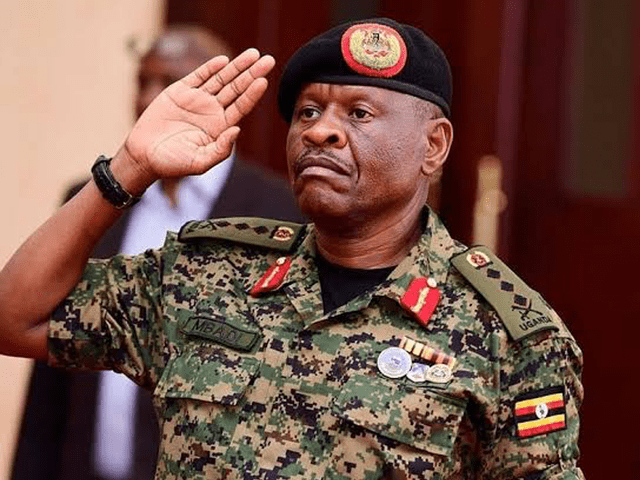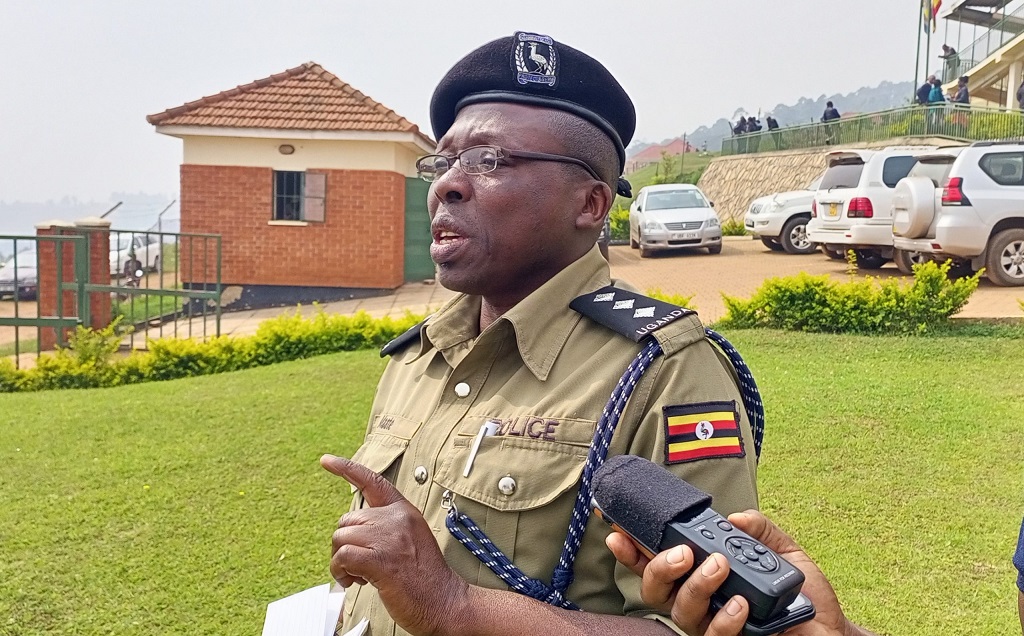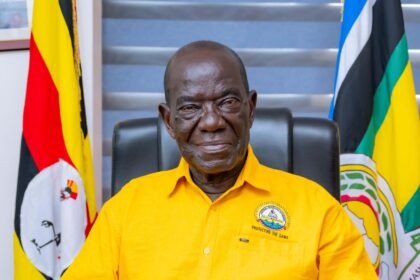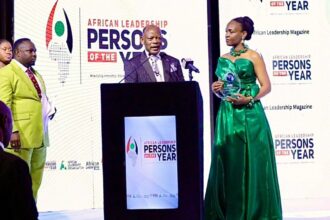In the heart of East Africa lies Uganda, a nation of immense potential and promise, yet one that has grappled with a series of challenges hindering its journey towards prosperity and progress.
As Sir Winston Churchill once eloquently put it, “Uganda is a land blessed with abundant natural resources, a rich cultural heritage, and a resilient populace – The Pearl of Africa!” Indeed, Uganda should have been a shining beacon of success and an apple of East Africa’s beauty since gaining independence on 9th October 1962. However, the reality paints a different picture.
Despite the dreams, hospitality, joy, and aspirations of its people, Uganda’s post-independence journey has been fraught with setbacks, unfulfilled promises, and leadership failures that have left many wondering why the country has not yet reached the heights it so rightfully deserves.
Various researchers have delved into the intricate web of historical, political, and socio-economic factors that have contributed to Uganda’s struggles, shedding light on the complexities of post-independence leadership and its impact on the nation’s quest to reach ‘another level.’
It’s a compelling question: Why have post-independence leaders failed to take Uganda to another level? According to Ohio State University and Professor Adélékè Adéèko, Uganda’s post-independence leadership has struggled due to the absence of strong and resilient institutions. Professor Adéèko notes that the failure to establish effective governance structures has hindered the country’s development, a situation exemplified by the immediate outbreak of conflict between competing leaders just a few years after gaining independence, plunging the nation into almost two and half decades of darkness.
Ethnic politics and identity have also been formidable obstacles to development and equal rights. Since 1962, the country has witnessed a rise in tribalism and sectarianism engineered by those in leadership positions.
Reflecting on Uganda’s challenges after independence, the late Professor of Political Science at the University of California, Donald Rothchild, remarked, “Uganda’s leaders have often exploited ethnic divisions to consolidate power, resulting in political instability and hindered progress.” This issue has persisted, with leadership positions often disproportionately allocated to specific ethnic groups, even after changes in leadership over the past 61 years.
Authoritarianism and a lack of accountability have been persistent issues in all leaders who have held power in Uganda since 1965. According to A. Carl LeVan, an Associate Professor at the American University in Washington and author of “Dictators and Democracy in African Development,” the dominance of authoritarian leadership has stifled political pluralism, weakened institutions, and hindered the establishment of a robust system of checks and balances. LeVan emphasizes that establishing a robust system of checks and balances in Uganda’s political system has been challenging due to the dominance of authoritarian leadership, thereby allowing corruption and abuse of power to persist.
Resource mismanagement has also played a significant role. According to Daniel Posner, an Assistant Professor in the Department of Political Science at the University of California, Uganda’s leaders have often mismanaged the country’s abundant natural resources, leading to economic stagnation and a failure to capitalize on these valuable assets.
As Mathias Mpuuga, the Leader of the Opposition, observes, Uganda’s 61-year journey since independence has been mostly disappointing for its citizens. Democracy once hoped to flourish, has faced setbacks, with major constitutional changes and power consolidation undermining the democratic process.
“Our democracy has failed to evolve. It was hoped that independence would give our people true democracy where the rights of every citizen are respected. This hope died with the abrogation of the 1962 Constitution following the 1966 crisis. The drafting of the 1995 Constitution gave the country a new opportunity to have a consensus on how they wished to be governed. Unfortunately, the events that followed like the removal of the presidential term limits dealt a major blow to our country’s democratization process. Our democracy is still a casino; we are gambling and the future is very uncertain,” he said.
Additionally, the distribution of national resources has favoured those in power while neglecting contributing communities and regions. Power centralization has hindered efficient service delivery, and Mpuuga emphasizes the need for a reevaluation of Uganda’s political structure to foster regional empowerment and shared governance.
“The state has abdicated its duty towards the people. If we had an agreed formula for sharing resources, we would have stopped these inefficiencies in service delivery. After 61 years, we should develop and agree on a mechanism to disentangle power from the centre to the regions. Our failure to agree on a political formula for power sharing is a recipe for disaster. We should rethink our politics and how we transition from one group to another.”
In a nutshell, Uganda has faced numerous challenges in its journey since gaining independence, such as weak institutions, ethnic politics, authoritarianism, mismanagement of resources, and power centralization. It is essential to address these issues to enable Uganda to achieve its full potential and pursue a path of long-term development and success.
Do you have a story in your community or an opinion to share with us: Email us at Submit an Article









